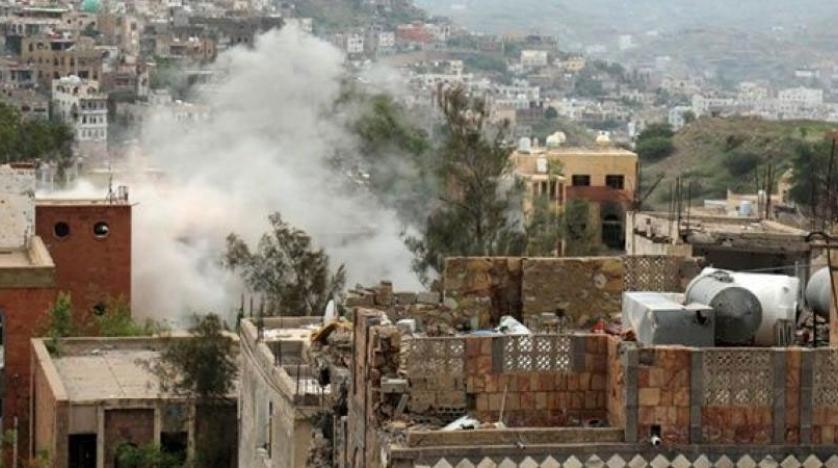Jeddah – Yemeni popular resistance, backed by the fourth military region and Arab coalition, controlled Hamli area, one of insurgents’ most important military sites near Makha on the western coast.
The popular resistance succeeded in liberating the area following heavy clashes with Houthi and Saleh militias.
Meanwhile, Yemeni army advanced on several major axes in Tuhama region including Baqem which brought the army closer to Dahyan directorate, major city towards Saada, the hometown of Houthis’ leader.
Hodeidah Undersecretary Walid al-Qadimi stated that over the past few hours, military forces loyal to the legitimacy, army, and popular resistance, succeeded in controlling and advancing towards several areas, most importantly al-Hamli.
Hamli is one of insurgents’ most important barrack where they hide different weapons and missiles and use the area to launch their attacks against the army.
The undersecretary explained that Hamli area used to be a residential area, but insurgents turned it into a military area.
Qadimi confirmed to Asharq Al-Awsat that the army and popular resistance are advancing on major fronts especially Midi and Haradh. He added that the coalition air force targeted insurgents major sites in those areas.
He stated that during the army’s military operations, several insurgents were captured and will be put under investigation for further military details. Such information benefits the army in locating sites and weapons’ hidden by the insurgents all over Tuhama.
The undersecretary pointed out that the coalition forces are backing the army and popular resistance to restore legitimacy in the country. He reiterated that the efforts of coalition forces are very important and pivotal in restoring stability.
Qadimi said that insurgents had established new checkpoints especially on Nahm and Bani Hashish frontlines. He claimed that the checkpoints were to prevent their fighters from escaping the battlefield as the national army and resistance advance.
He added that those apprehended are either sent back to their stations or deported to other areas where he is sent to jail and later killed for treason.
